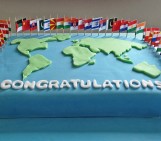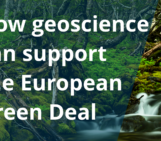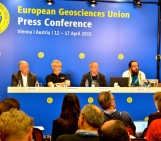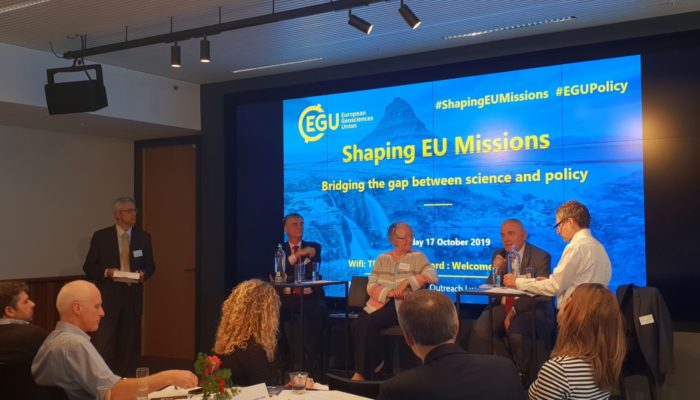
This month’s GeoPolicy Column was written by Alexander Roesner, a researcher at MARUM (the Center for Marine Environmental Sciences) and the winner of the EGU’s 2019 ECS Policy Competition, which provides the winner with funding to attend the EGU’s science-policy event, Shaping EU Missions in Brussels. Roesner outlines his motivation for applying for the competition and reflects on his experience.
We geoscientists are fascinated by the various miracles of nature which we would like to protect for future generations. In times of global warming, ocean pollution and intensive use of natural resources, understanding the Earth’s system is becoming increasingly crucial. Only a system we fully understand, can be protected from ourselves.
For decades scientists worldwide have done a fabulous job monitoring, investigating and providing solutions for global environmental challenges. However, despite environmental academic achievements in various geoscientific disciplines, directly contributing to major achievements in our global society continues to be a challenge; often seemly because of a lack of communication between academia, the public and policy. Have you ever wondered how we as early career scientists (ECS) can enhance the communication between these groups and therefore fill the gap? Lucky for us, the European Geoscience Union (EGU) offers the opportunity to participate in various events to bridge the gap between science and policy.
As the winner of the EGU’s ECS Policy Competition, I was invited to attend the EGU’s 2019 science-policy event, Shaping EU Missions: bridging the gap between geoscience and policy that took place in Brussels on 17 October which gave me a glimpse at the policymaking process in Brussels. Nearly 70 geoscientists and policymakers with various backgrounds and fields of expertise discussed the upcoming Horizon Europe missions at this event. The Horizon Europe missions aim to deliver measurable solutions for global societal challenges such as climate change, cancer, healthy oceans, healthy soil and smart cities.
The event was kicked-off by a high-level panel discussion highlighting the bonds between science and policy while introducing to the topic. The following roundtable discussions focused on the missions that are most relevant for the geoscientific community. Discussions in small groups of up to 9 people at roundtables created an inclusive atmosphere in which policymakers, outstanding scientists and ECS were communicating on equal terms. Everybody shared their views and ideas on how to define future challenges and potential solutions within the different missions that should be addressed by the mission boards.
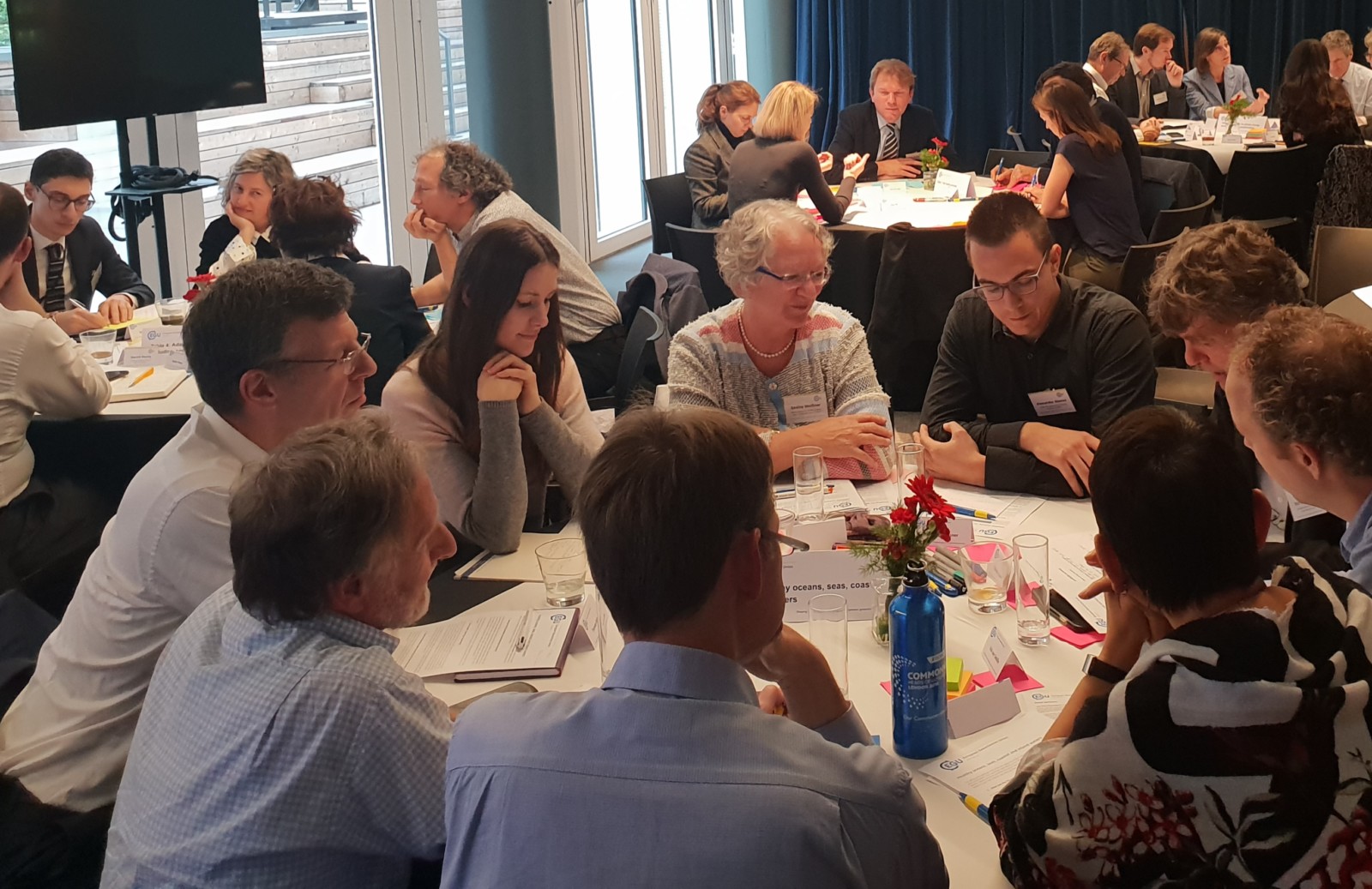
Roundtable discussion on healthy oceans, seas, coastal and inland
waters
All roundtable participants pointed out that mission board transparency is necessary to increase public trust, mission efficiency and to avoid redundancy with existing funded projects. I sat together with eight high-level policymakers and scientists to discuss main challenges and potential solutions related to oceans and coastal waters. We agreed that we have to change the common narrative from the doomed polluted ocean to the ocean that is needed for a sustainable green prosperous future. This could be achieved by a multinational flag-ship ocean observing expedition/campaign involving citizens from around the world and additionally creating a shared ocean knowledge hub accessible and easy to use for interested citizens, policymakers and scientists.
This EGU event was an active initiative to overcome the communication gap between science and policy. It was a valuable experience that gave me the chance to contribute to evidence-informed policymaking by providing advice on global societal challenges. I would like encourage everybody to apply for the next EGU policy event to engage actively in the policymaking process and to communicate their geoscience research!
You can read more about the EGU’s Shaping EU Missions event here and see the report highlighting the outcomes of the roundtable discussions here.

